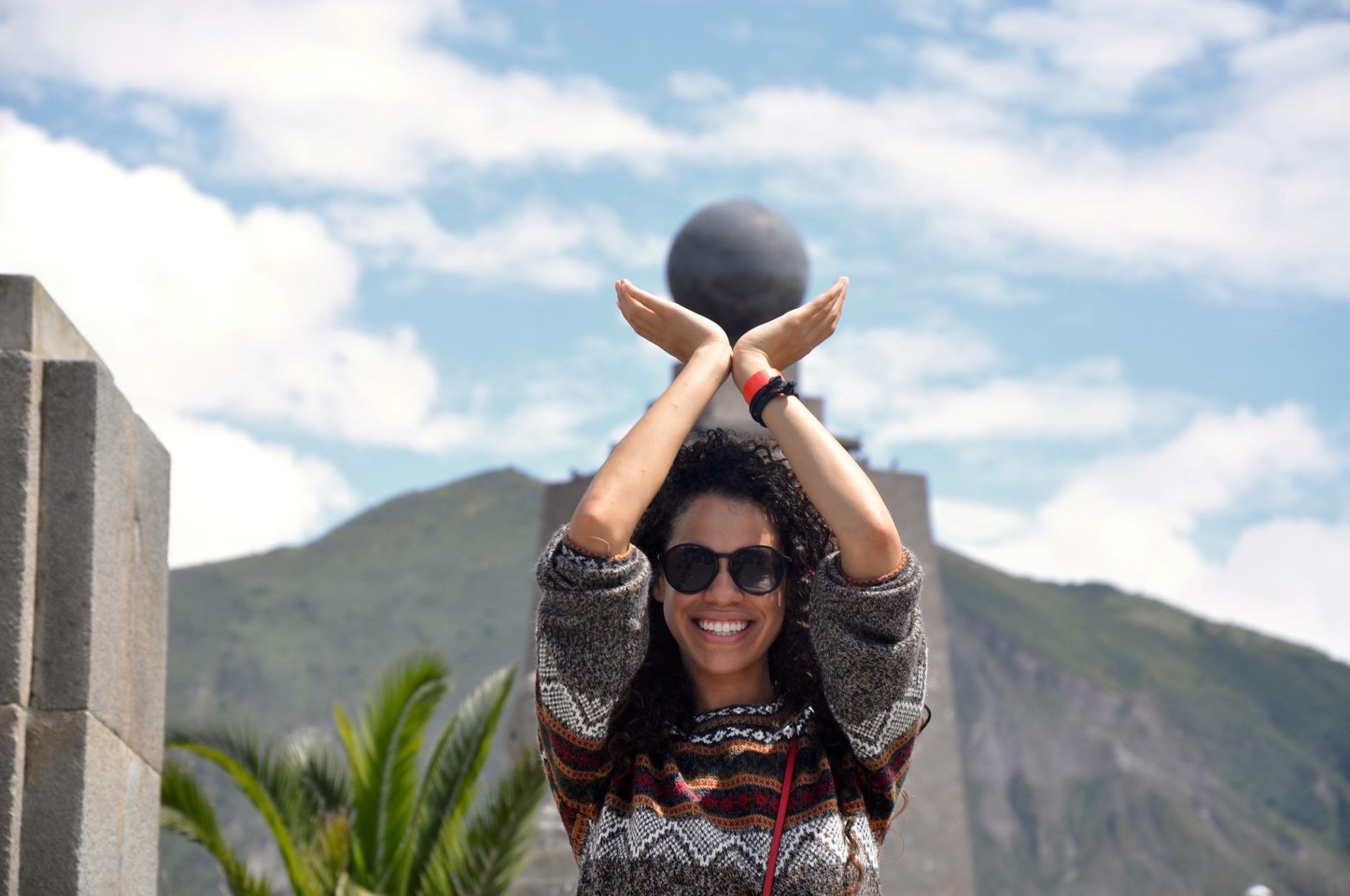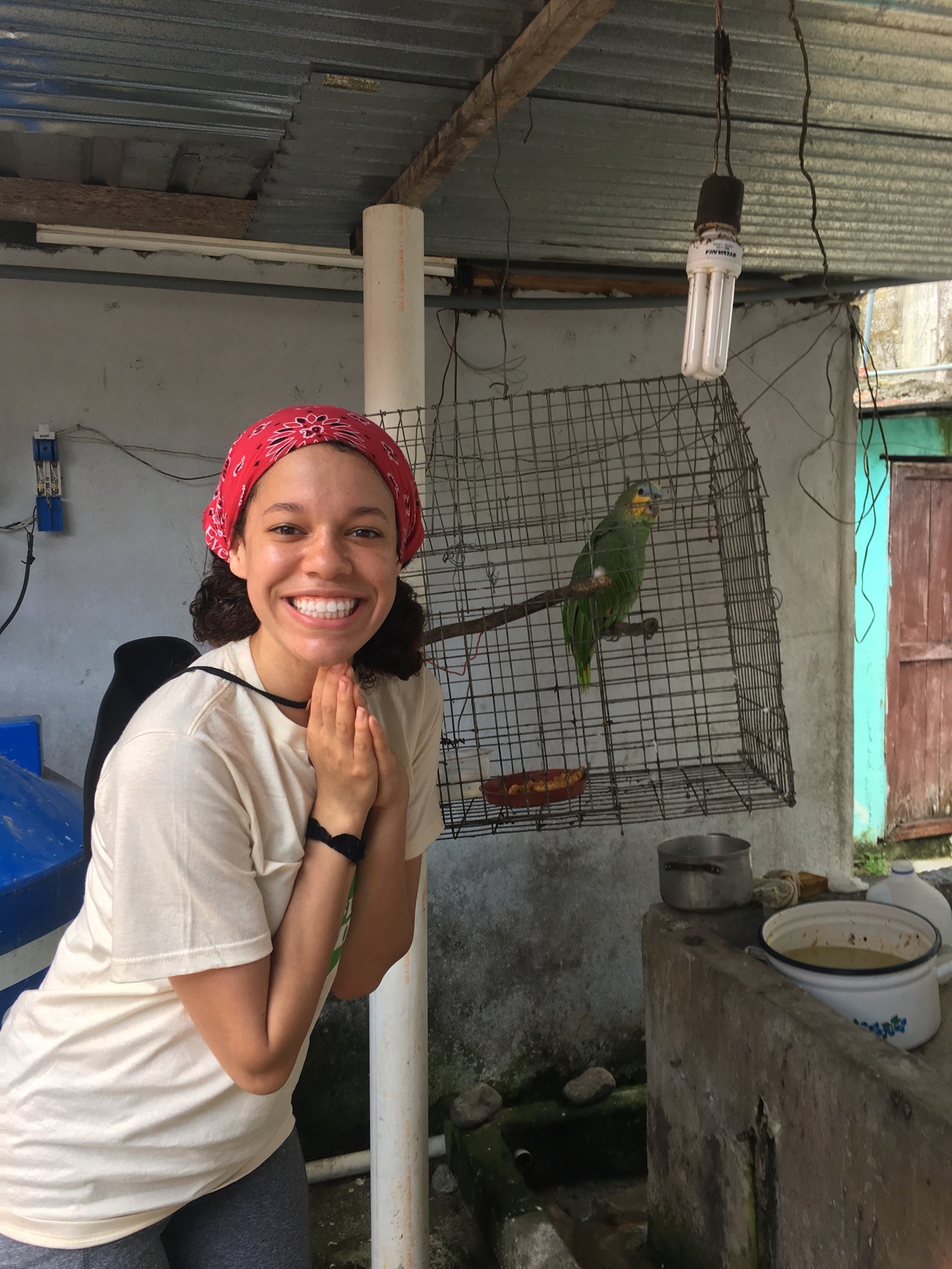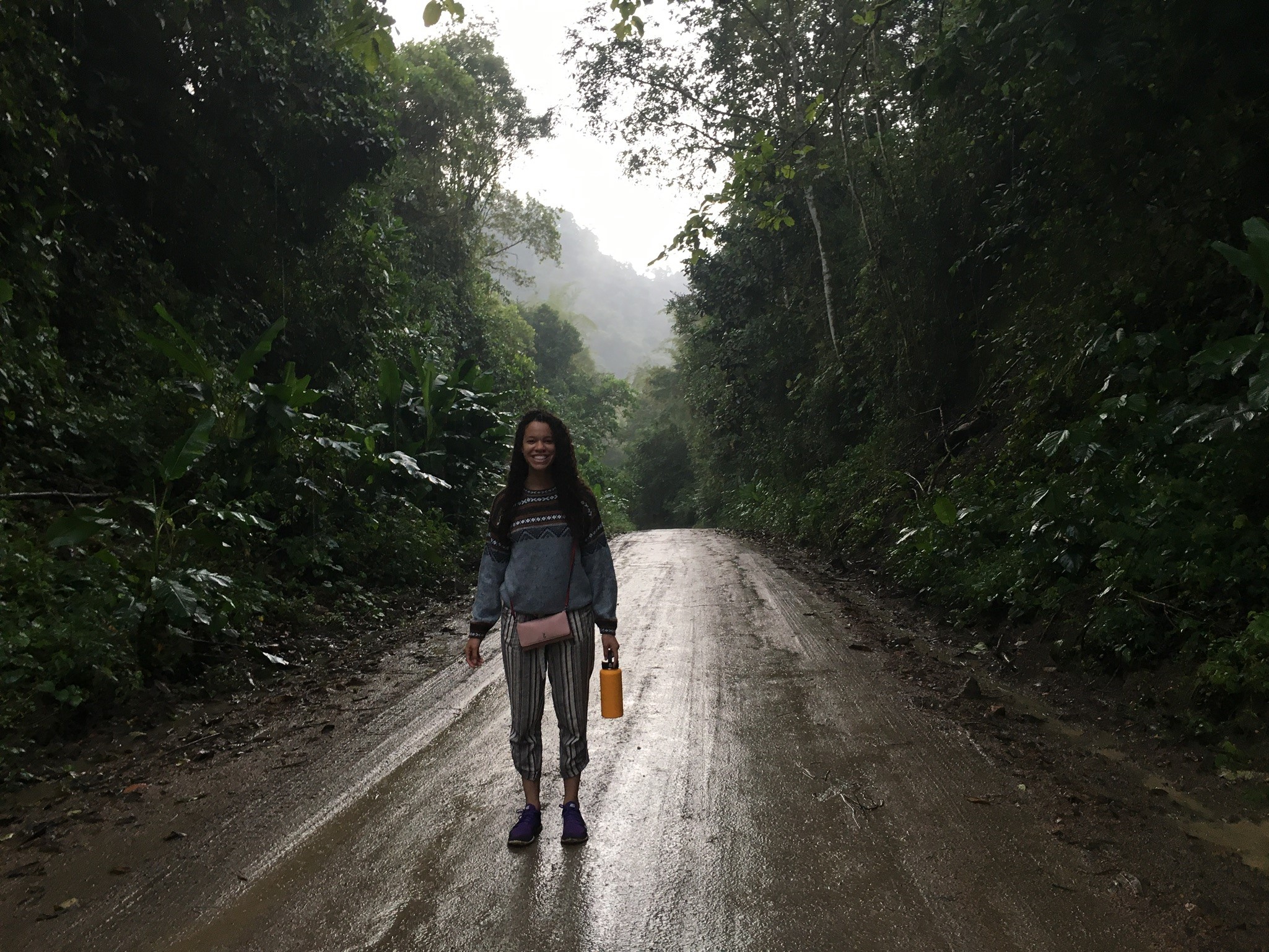
I completed my Gilman Program the summer of 2017. After leaving Ecuador and returning for my final year of my undergraduate studies, I was very concerned about my “next step.” My time in Ecuador helped me to develop stronger convictions for what professional endeavors I want to pursue. I intend to continue my education, but before I dedicate more dollars and more studies, I decided to delve into these interests more. When I returned stateside, I had a difficult time resettling. Thoughts of the summer before made it hard for me to transition back home to my final year of school. I appreciated the responsibility of being a cultural ambassador for my country. I learned more from others than I learned from books, and likewise others learned from me and about me—a honey farmer from rural Montana. I thrived on challenging my comfort zones, exercising independence, and learning about the world’s rich diversity. With these considerations, I decided that my “next step” would need to balance pursuing my professional interests and what I cherished from my time abroad. Through my professors, my college’s global education department, and my own research, I found the Fulbright U.S. Student Program.
The Fulbright U.S. Student Program is a Congressional funded U.S. Department of State program that offers research, study, and teaching opportunities to recent graduates and graduate students. After much consideration, I decided to apply for the Fulbright English Teaching Assistant (ETA) Program. The ETA program places Fulbright Scholars in classrooms abroad to assist local teachers improve students’ English language proficiency. Additionally, Fulbright Scholars will also serve as cultural ambassadors for the United States. It is very empowering to realize that, through this program, one gets the opportunity to become a crucial part in students’ education, which is pivotal to one’s own future success. In addition to helping students enhance their English language proficiency, ETA Fulbright Scholars must consider an innovative way to engage with their host country. This aspect of the award is also inspiring because it encourages one to go outside of their comfort zone and do something more. My final decision was to apply for the ETA Program to Spain for the 2019-2020 school year.

The application for the Fulbright ETA Program is extensive and requires time and effort, but understandably so. After my experience applying for the Benjamin A. Gilman International Scholarship, I felt less overwhelmed and much more prepared to apply for another prestigious program like the Fulbright. In comparison, the Fulbright application requires general information about the applicant, letters of reference, transcripts, and short essays, each much shorter than what is required for the Gilman. While some may take a deep breath with a smaller character count, it is equally as challenging. One is expected to write just as much, if not more, with less. After writing essays for the Gilman, I can better write about myself and my interests. At first, personal essays were difficult for me. I found it nerve-racking to be vulnerably honest, but after much practice from multiple drafts for the Gilman, I believe my voice speaks well of me. While it is to say that I am more practiced, I still wrote—and re-wrote—my Fulbright essays. I also asked for the assistance of trusted professors and friends to strengthen the content, language and structure of the essays. After seven months, I confidently submitted my Fulbright application.
A few months after submission, I received confirmation via email that I received the status of Semi-finalist. A few months following, I received the status of Alternate. Prior to this status, my professors informed me that it is always important to consider other plans and look at other opportunities just in case. Once I received this status, I frantically began searching for my “Plan B.” I began researching ways that I could pursue my academic and professional interests in balance with my desire to go abroad: international organizations and programs abroad (governmental and non-governmental), summer camps abroad, schools and universities abroad, au pair abroad, and volunteer opportunities like the Red Cross and the United Nations. To be frank, it helps to have a ‘Plan B,” just in case. A few weeks after receiving the status Alternate, I received confirmation via email that I had been selected as a Finalist. My advice is to believe in your potential. Allow yourself time to apply and seek help. Also, remember that you qualify for countless opportunities, you have much to gain by simply applying.
I am confident in my capabilities to assist local Spanish teachers to enhance students’ English language learning and to be a proper cultural ambassador for the United States.My experience as a Gilman Alumni Ambassador helped me to build a competitive application. Gilman Program works hard to ensure Gilman Scholars and Alumni have the necessary tools to be competitive among a large group of ambitious and driven peers. My experience as a Gilman Scholar strengthened my ability to live abroad and embrace other cultures, regardless of how socially or politically different from my own. As a Gilman Scholar in Ecuador, I became adaptable to new surroundings. I also became comfortable exercising more independence and responsibility for myself. I improved my ability to break down communication barriers, and I made many friends that I call family in doing so. Finally, after being lost many times, I learned how to properly read maps and transportation routes to make it to any destination on time. For anyone interested in applying for another prestigious scholarship, I wholeheartedly encourage you to do so; Gilman will ensure that you are more than prepared in this endeavor.

Do yourself justice.



